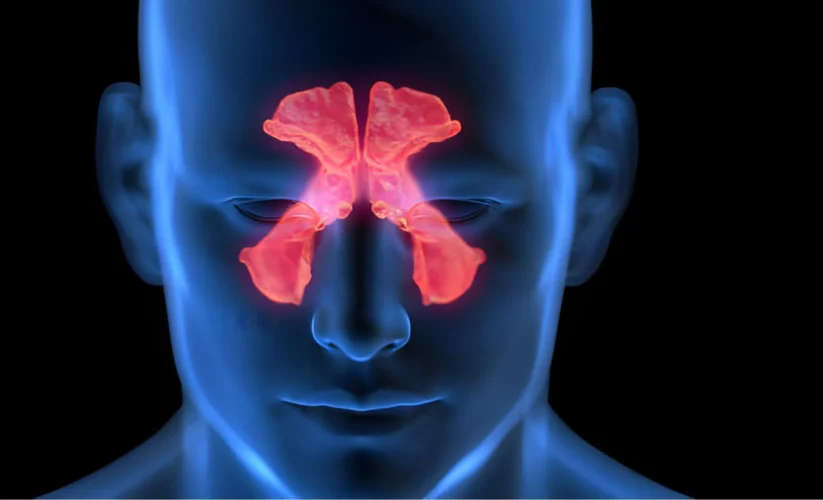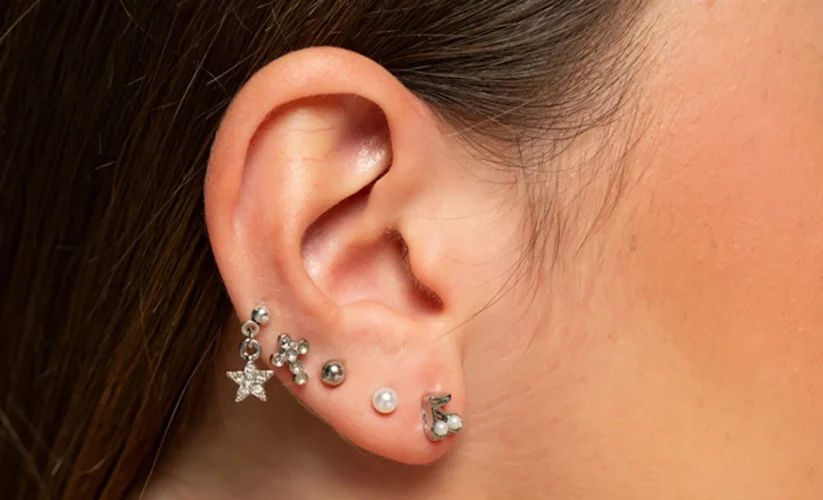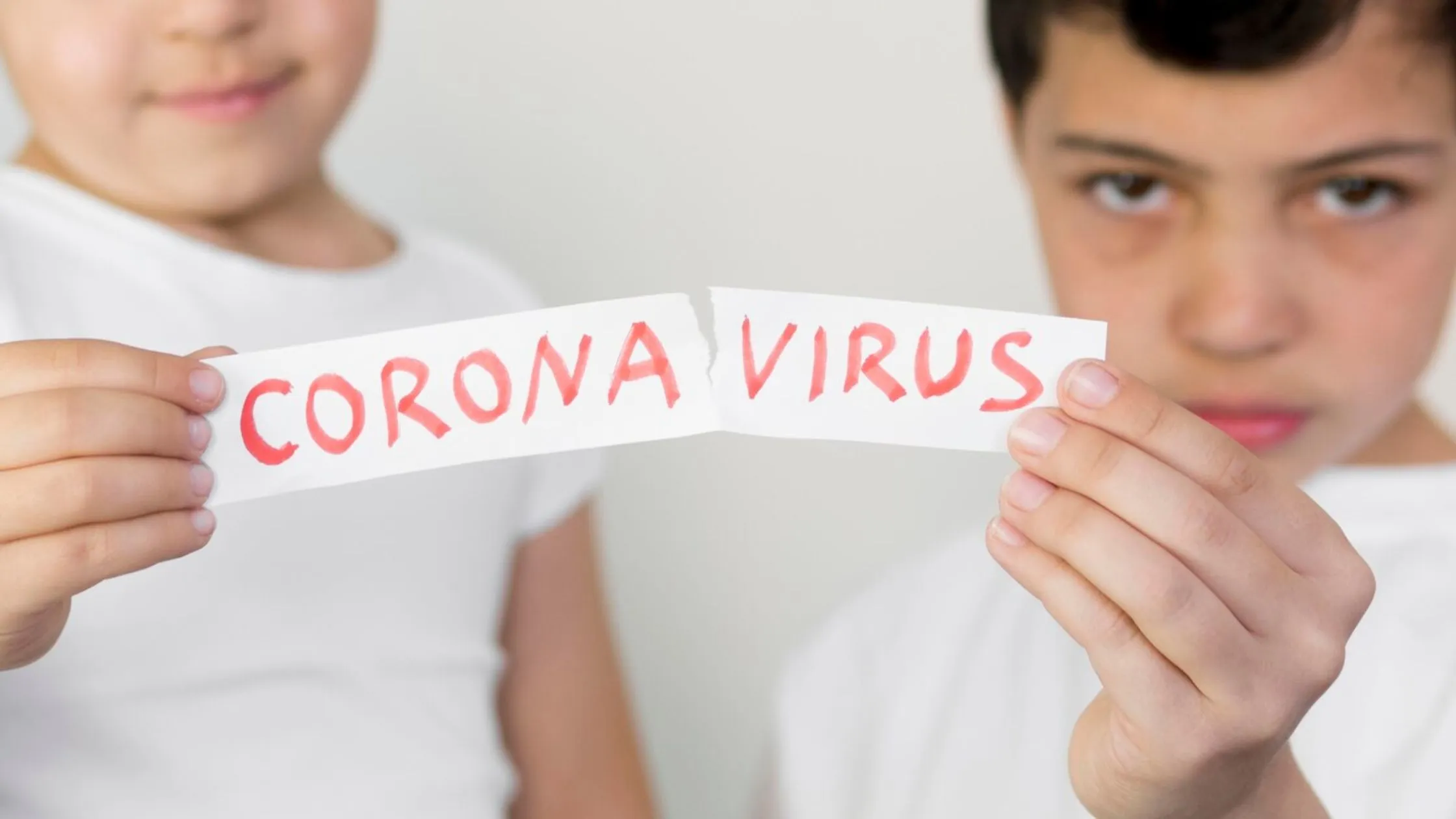
Are Sinus Infections Contagious?
Are sinus infections contagious? Even though the infection in sinuses isn’t catching, its root cause may be. The virus or bacteria behind this issue can spread from one person to another. For instance, the common cold virus, a significant player in causing sinus infections, is contagious and transmits through close contact, coughing and sneezing.
So if you have a cold then it’s possible for you to pass on the virus to someone else; if their immune system isn’t strong enough they could get sick with a cold that turns into an infection of sinuses as well.” But, simple hygiene habits such as washing hands often and covering coughs can greatly lower the chance of spreading these germs.
Understanding Sinusitis
Before we know Are sinus infections contagious or not. Sinuses are empty spaces inside your head, filled with air. They make your head lighter, manage the temperature and wetness of inhaled air, and also have an impact on how you sound when talking. Sinuses are covered by cells that produce mucus for trapping dust particles and germs.
Infections in these areas appear when they get swollen and hold fluid, usually caused by a viral cold which starts the inflammation or bacteria growing from trapped mucus lead to it as well.
The Real Threat
We know That “Are sinus infections contagious” let’s take a look at who is the real threat. Droplets, which are very small particles, carry viruses and bacteria. They are sprayed into the air when a person coughs or sneezes. Even talking closely can make these droplets travel through the air. If you breathe in such droplets, they may land in your mouth, nose or eyes. Droplets can also fall on surfaces that you touch such as door handles or light switches. When you touch these contaminated areas and then touch your face without washing hands properly this becomes a typical way for germs to spread around more easily. Sharing personal items like utensils or drinks can also transfer germs.
Protecting Yourself from the Onslaught
After learning about “Are sinus infections contagious“ we should learn about protection. The basic way to stop germs is by washing hands often with soap and water. Don’t forget, when you cough or sneeze, use a tissue or your elbow not your hand. If someone near you has a cough or sniffle, try to keep some space between them and yourself. Avoid getting close to anyone who appears sick.
When to See a Doctor
Seeing a doctor is very important ever after or before knowing about “Are sinus infections contagious”. A sinus infection might seem like a cold, but there are distinct characteristics. Normally, a cold shows signs such as runny or blocked nose, throat pain and possibly coughing. These symptoms typically get better in around one week’s time. Sinusitis can happen after having a cold and staying around for longer than 10 days. You might feel pressure on your face and pain near your eyes, forehead or cheeks. Additionally, there could be thick mucus drainage that is yellow or green in color.
Treatment Options for Sinusitis
Besides learning are sinus infections contagious, let’s have a look at different types of treatments exist based on the kind and severity:
Acute Sinusitis

The majority of instances involving acute sinusitis do not necessitate prescription drugs. Over-the-counter treatments and home remedies are typically enough to alleviate symptoms like:
- Nasal irrigation with saline solution
- Warm compresses applied to the affected areas
- Steam inhalation
If symptoms keep happening or become strong, then the doctor can give antibiotics if a bacterial infection is there.
Decongestant tablets and sprays can help to shrink swollen tissues in the nose, permitting the sinuses to empty out. But it is necessary not to use them for longer than 3 days.
Chronic Sinusitis
- Chronic sinusitis is not commonly caused by bacteria, therefore antibiotics are less likely to be effective.
- You could try minimizing your contact with triggers such as dust mites, pollen, and other allergens.
- Medicine like corticosteroid sprays or tablets are effective for handling inflammation. However, they must be obtained with a prescription and under the care of a doctor.
- As a final option, surgery may be suggested by your doctor if alternative treatments are unsuccessful. However, even with surgical intervention there is no guarantee of complete resolution.
Medical Treatment Options
- Use of medicines such as topical nasal steroids, combined with strong treatment for any root cause or related allergy
- Oral steroids reserved for refractory cases, particularly when underlying allergy is present
- Some cases may need oral antibiotics that cover anaerobic and Gram negative bacteria.
- Use of saline nasal rinses and sprays to lessen symptoms in both short-term and long-term rhinosinusitis
Surgical Treatment
Surgery using a functional endoscope to enlarge the sinus openings and improve breathing and drainage.
Balloon sinuplasty, a technique that utilizes small balloons to expand the sinus passages but does not involve removal of tissue which leads to quicker healing.
If you still have doubts about “Are sinus infections contagious” you can reread anytime. Sinusitis is a complicated situation that needs many methods to treat it. For mild cases, people can use home solutions and buy medicines from shops without needing a prescription.





